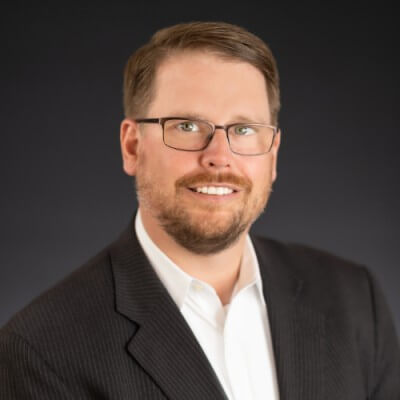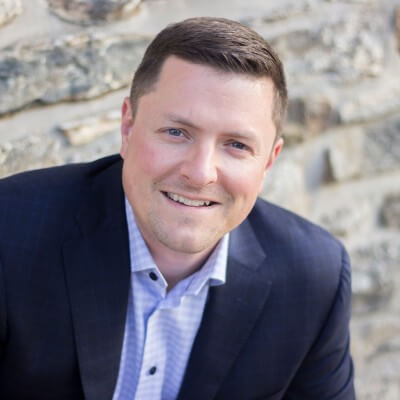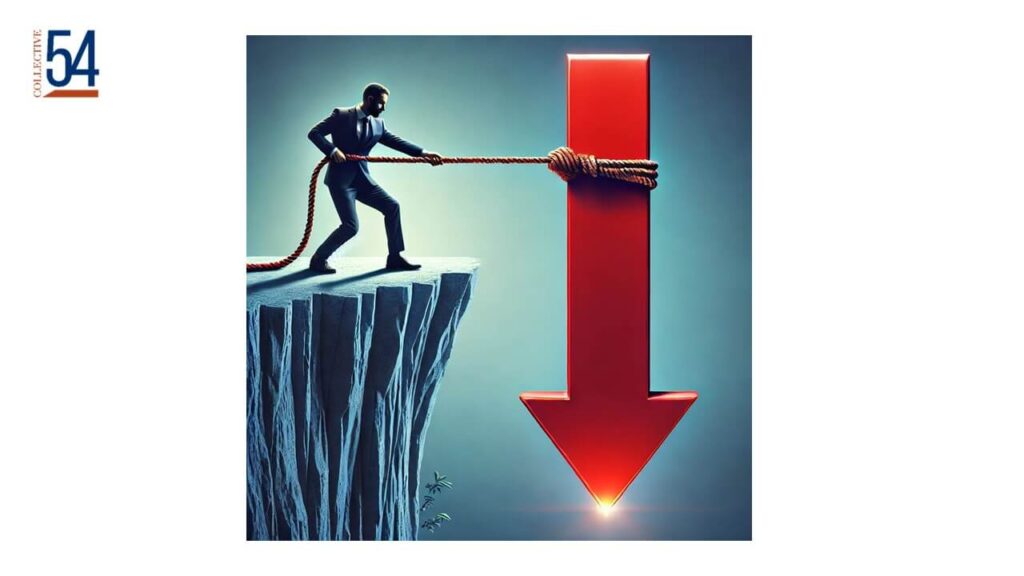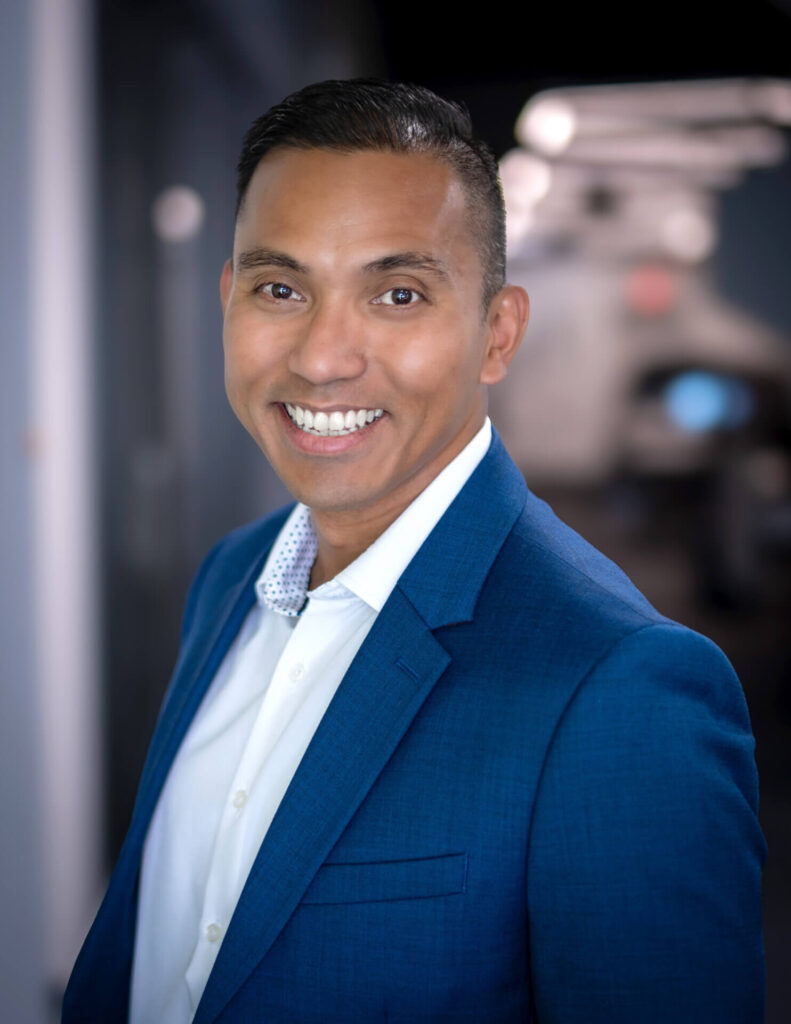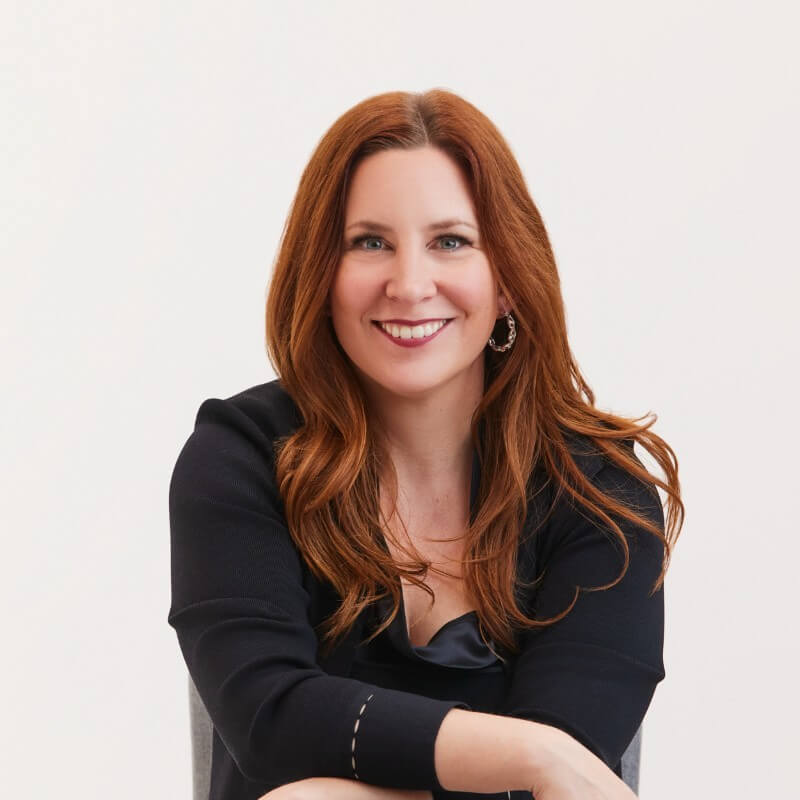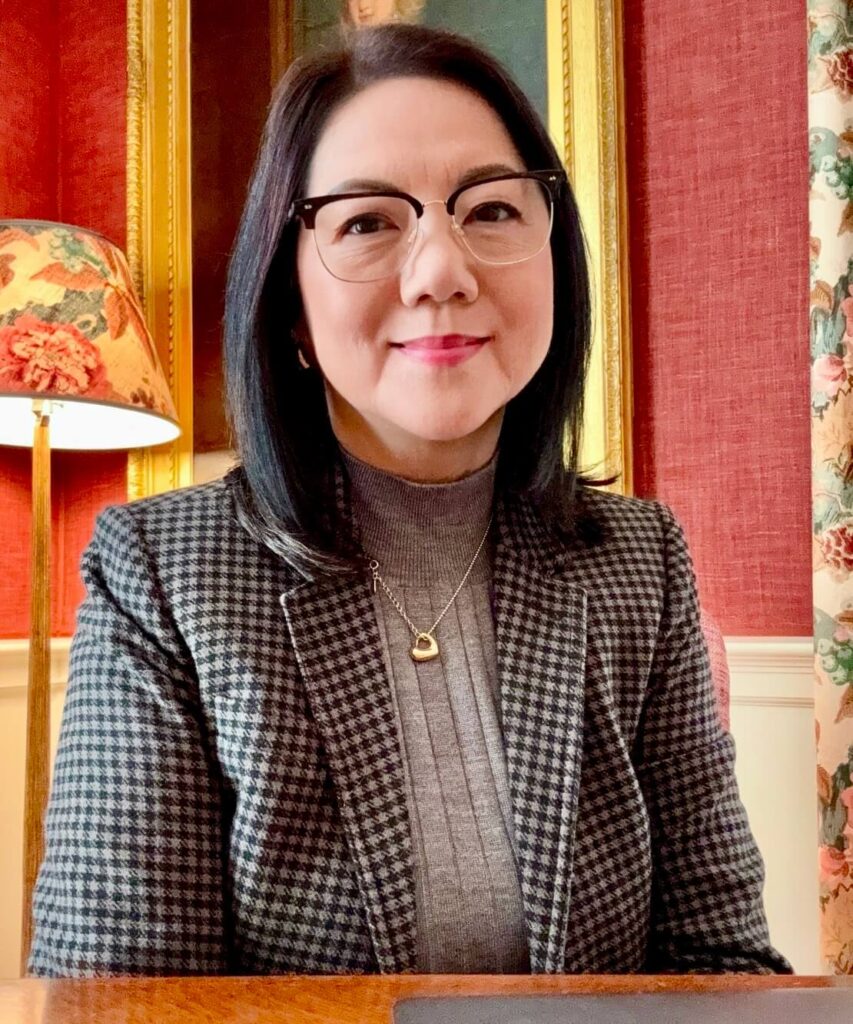The Top Ten Reasons It’s Impossible to Time the Exit of Your Firm
Welcome, members of Collective 54. Today, we’re delving into a topic that touches the core of entrepreneurial ventures and the dreams of every founder – the exit strategy. Exiting, or selling your firm, is often seen as the culmination of a founder’s hard work and vision. However, the idea of timing this exit perfectly is more myth than reality. Here are the top ten reasons why it’s virtually impossible to time the exit of your firm precisely:


